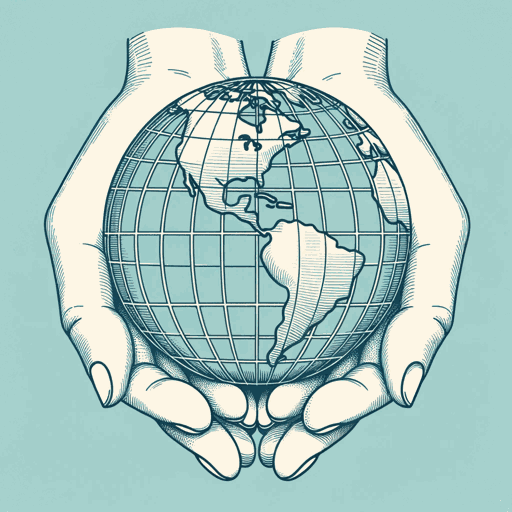56 pages • 1 hour read
T.R. ReidThe Healing of America: A Global Quest for Better, Cheaper, and Fairer Health Care
Nonfiction | Book | Adult | Published in 2009A modern alternative to SparkNotes and CliffsNotes, SuperSummary offers high-quality Study Guides with detailed chapter summaries and analysis of major themes, characters, and more.
Summary and Study Guide
Overview
T.R. Reid’s The Healing of America: A Global Quest for Better, Cheaper, and Fairer Health Care was published in 2009 and then rereleased in 2010 with an addendum that addressed the passage of the Affordable Care Act. Reid has worked for many years as a foreign correspondent for The Washington Post and was former chief of the newspaper’s Tokyo and London bureaus.
Reid used the travel opportunities that his work offered to travel the world in search of the best solution for the problem of his stiff shoulder. Reid first visited an American doctor who recommended a total shoulder arthroplasty—an invasive surgery that would have cost tens of thousands of dollars and that might not have increased the range of motion in Reid’s shoulder.
Reid next set out to other countries—France, Germany, Japan, Great Britain, and Canada—where he consulted with doctors. During these visits, he examined the models of health care offered in each country. France, Germany, and Japan operate their health care systems according to the Bismarck model with some variations, including more insurance fund options in some countries than in others. Great Britain’s National Health Service is based on the Beveridge model, and Canada has a National Health Insurance model.
In the Bismarck countries, Reid was given the widest array of options—not only the choice of having the surgery, which none of the doctors strongly recommended, but also the options of spa treatments, physical therapy, and steroid injections. In Britain, he was told that the system couldn’t offer any solution for his shoulder, due to tight cost controls on what the respective systems will pay for. A stiff shoulder isn’t a pressing problem and, therefore, doesn’t qualify for treatment that is paid for through tax revenue. In Canada, the waiting list was too long for Reid to see a specialist—a problem tied to the country’s shortage of medical providers.
Reid also tried some alternative treatments, including acupuncture and Nepalese herbal medicine, neither of which did anything for him. In India, he submitted to yogic treatments—a form of physical therapy—which greatly improved the condition of his shoulder.
The main purpose of Reid’s research was to help Americans understand that other industrialized nations might offer better ideas about how to construct a more efficient, cost-effective, and accessible health care system. While Americans offer an abundance of treatment facilities, top-notch researchers and medical providers, and the world’s most advanced medical technology, many Americans cannot afford access to these treatments due to an inability to obtain affordable health care. Even with insurance, prices remain too high. Reid encourages readers to consider a central ethical question, which has been a deciding factor in other countries’ decisions to reform their health care systems: Is health care a human right or a privilege that should only be available to those who can afford it?

